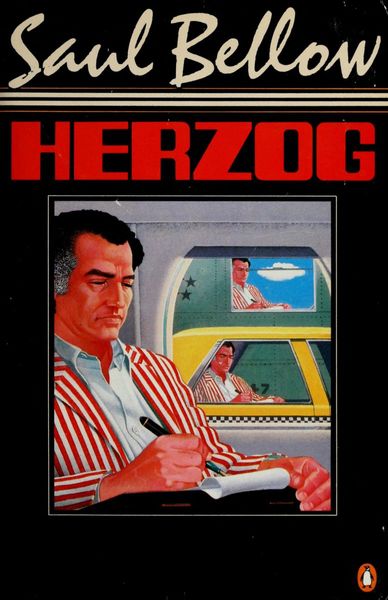Reviews
Irem@merixien
Nelson Zagalo@nzagalo
Irem@merixien
Melody Izard@mizard
Mayra Melo@mayramelo
Dennis Jacob Rosenfeld@rosenfeld
Francine Corry@booknblues
Giandomenico Macaluso@giandomaca
Maurice FitzGerald@soraxtm
Seth Kalback@skalback
suspiria@lunarsea
Alexander Lobov@alexlobov
Eva@evamaren
Joshua Line@fictionjunky
Highlights
Elescia Jones@shaeshaee
Page 64
Elescia Jones@shaeshaee
Page 58
Elescia Jones@shaeshaee
Page 57
Elescia Jones@shaeshaee
Page 51
Elescia Jones@shaeshaee
Page 35
Elescia Jones@shaeshaee
Page 22
Elescia Jones@shaeshaee
Page 15
Elescia Jones@shaeshaee
Page 11
Elescia Jones@shaeshaee
Page 6
Elescia Jones@shaeshaee
Page 1
Elescia Jones@shaeshaee
Page 1
